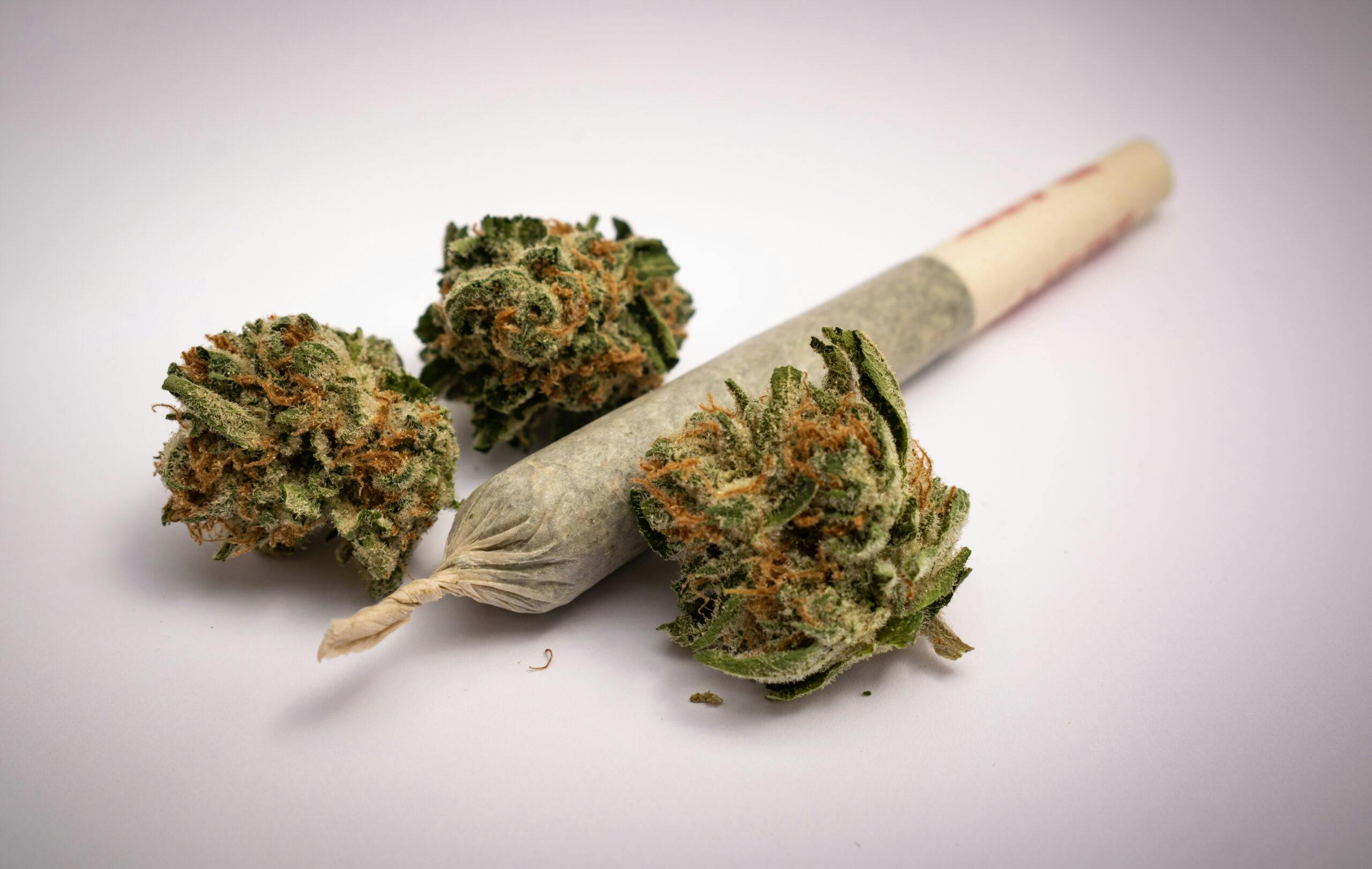How to Detox From Marijuana Safely
Marijuana (cannabis) is a popular drug in the US. With some states, such as California, legalizing the sale of cannabis and other THC products, such as edibles, the drug has become more readily available.
Substance abuse involving marijuana is common. The use of marijuana recreationally or for medical purposes can have a negative impact on some people.
This can result in the need for marijuana addiction treatment and detox.
Marijuana abuse can lead to a substance use disorder. You should seek addiction treatment if you believe your use of marijuana or cannabis products, such as edibles, is becoming problematic. Call us at (855) 430-9439 and learn more about our treatment plans for marijuana addiction treatment.

What is a Marijuana Detox?
Marijuana detox is the process of ridding the body of marijuana over a period of time. There are no taper medications used for marijuana cessation, but there are psychiatric medications available for those who may have been self-medicating mental health disorders with marijuana.
Although most people will not require substantial medical intervention for marijuana addiction, assistance from professionals can be helpful for those that find their addiction is taking over many aspects of their life.
Some people may wish to attend a marijuana detoxification center specifically designed to support people through the detox phase of their recovery.
How Long Will a Marijuana Detox Last?
For most people, marijuana withdrawal symptoms will begin within a week of discontinuing use.
Typically, symptoms will peak within ten days of the last use. This means individuals will usually feel the most severe symptoms within the first ten days.
After day 10, withdrawal becomes less severe, but cravings for marijuana can increase and lead to relapse.
After the peak of symptoms, most people will start to feel better. Symptoms usually decline in severity within 10-20 days.
What Are the Withdrawal Symptoms During a Marijuana Detox?
For some people, detoxification from marijuana can be an unpleasant process. This is where you abstain from consuming the drug and allow all traces of it to leave the body.
Depending on the severity of the addiction, some people may experience withdrawal symptoms.
This is a result of the body reacting to the changes to cannabinoid receptors in the brain as a result of abstinence. Withdrawal symptoms can include:
- Cravings
- Anxiety, depression, or other mental health problems
- Sweating
- Sleep difficulties
- Tremors
- Nausea and headaches
Drug abuse and addiction professionals work with people experiencing detox as part of rehab programs. Detoxification is the first stage of the recovery process.
What Types of Treatment Are Used During a Marijuana Detox?
When you detox at a rehabilitation center, staff are on hand to support you through withdrawal and make you as comfortable as possible. This may mean providing therapy and/or medication to help alleviate symptoms.
You’ll typically participate in behavioral therapy as part of a treatment plan. This is where a therapist identifies triggers and patterns relating to your addiction and works with you to manage these effectively to prevent relapse.
Withdrawal symptoms for marijuana are much less severe than for drugs such as opiates, alcohol, and benzodiazepines. They are mainly psychological. Your treatment plan will focus more on behavioral, alternative, and relapse prevention therapies.
Can You Detox from Marijuana at Home or Not?
Detoxing from marijuana at home is possible, as there is a low risk of dangerous physical side effects. However, trying to get clean in your home environment may be difficult due to triggers and lack of support.
Addiction treatment centers provide a specialist level of care for people with substance use disorders. If you’re unsure whether your drug use is problematic, consider whether any of the following applies to you:
- You are withdrawing socially unless marijuana is involved
- You spend a lot of your time sourcing or smoking marijuana/ edibles or recovering from the after-effects
- You often find yourself thinking about getting high, and you’re unable to think of anything else
- You’ve noticed problems at work or school relating to your use of marijuana
- You’ve experienced health problems relating to your use of marijuana
- Changes in your mood or mental health problems
- Difficulty sleeping or staying awake
- Taking risks while under the influence of marijuana, such as driving or operating machinery
These are just some examples of behavioral patterns that often occur in people with substance use disorders. If you believe these statements describe you, you should consider an addiction treatment program.
How to Find a Marijuana Detox Center Near Me
Zinnia Health offers rehab programs in several states, making it easy to find a marijuana detox center near you.
The best way to find the nearest detox facility is through the locations page on our website or by calling our support line.
At Zinnia Health, we offer treatment plans that are tailored to your needs. We know that everyone is different, so we choose from a range of treatment options to suit your situation.
This includes giving mental health support for dual diagnosis, co-occurring disorders, and family therapies involving loved ones if necessary.
We offer support and guidance from detoxification to aftercare. Our inpatient and outpatient programs are designed to help you tackle every part of your marijuana addiction.
We understand some people may have a substance disorder relating to more than one substance. Whether you need marijuana addiction treatment, have an addiction to stimulants, opioids, or require alcohol rehab, we can help.
Recovering from a substance use disorder is tough, but we’re here to help. Contact Zinnia Health today and find out more about our treatment plans.
Related Articles

